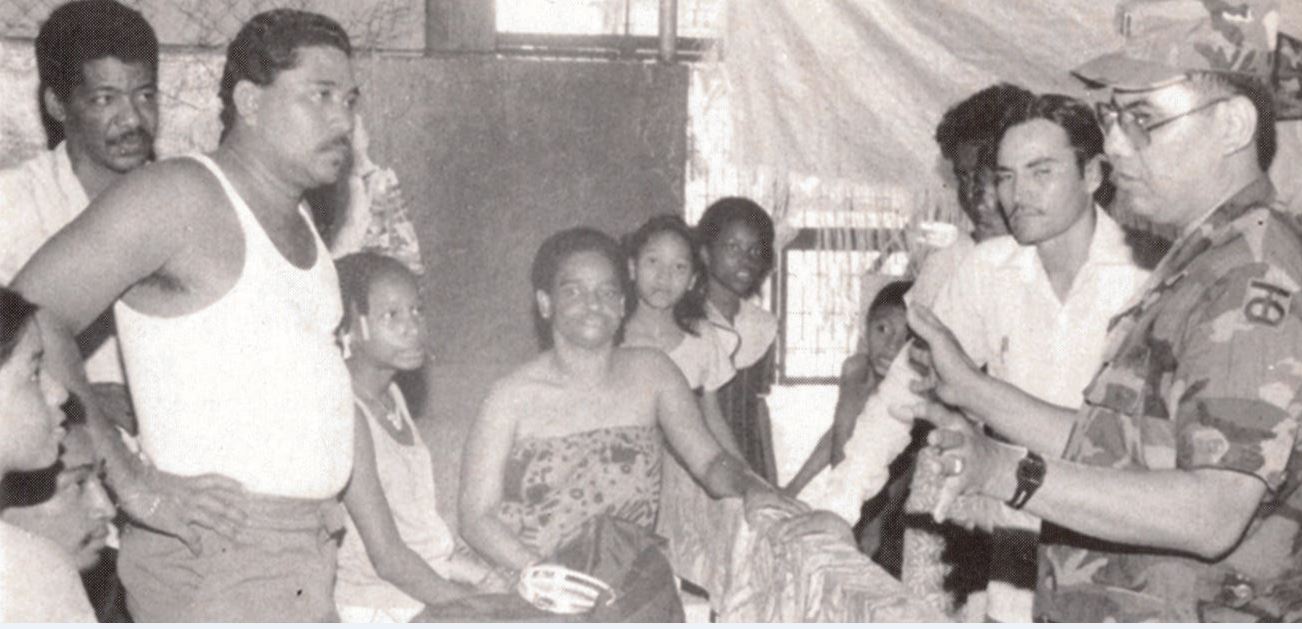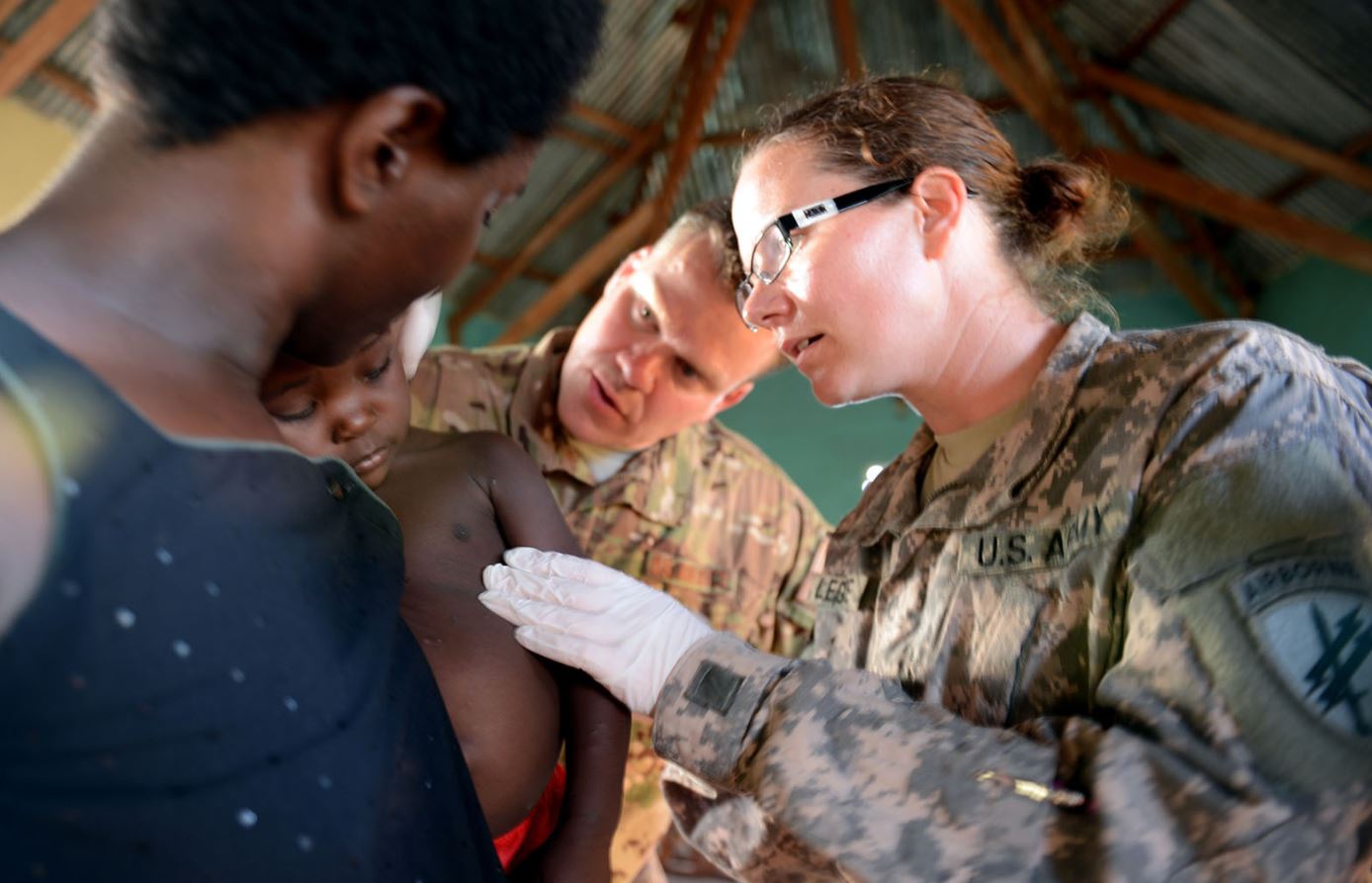
Operation Just Cause was the largest and most complex combat operation since Vietnam.
Between 1989 and 1997, the Army experienced a 300 percent increase in operational deployments. Army Reserve Soldiers were among the nearly 26,000 troops deployed.
There were 15 Army Reserve units and 311 individual Army Reserve Soldiers called to duty for the carefully planned and well-executed operation that overwhelmed the Panamanian Defense Forces of Dictator Manuel Noriega. The goal: restore order and arrest Noriega on drug-trafficking charges.

TODAY'S CIVIL AFFAIRS: A CRITICAL LIAISON
Civil Affairs Soldiers were among the Soldiers integral to restoring Panama’s democratically-elected government. Through their ground-level interactions and understanding of local cultures and the people, these specialized troops are able to glean a sense of local dynamics.
Today, 90 percent of the Army’s Civil Affairs capabilities are provided by the Army Reserve. Civil Affairs Soldiers and units act as a liaison between the Army and civilian authorities and populations.
They identify critical requirements needed by local citizens in combat or crisis situations such as natural and man-made disasters. Civil Affairs Soldiers combine regional expertise, language competency, political-military awareness, cross cultural communication, and professional military skills to conduct operations and support civil-military.
Pictured top: Capt. Ray Gonzales from Amarillo, Texas, talks with Jose Rodrigues and Family about the conditions at a temporary shelter for displaced persons. Gonzales, a member of the 90th Army Reserve Command, was part of the humanitarian assistance Civil Affairs team serving after Operation Just Cause.
Bottom: Capt. Courtney Legendre, a physician assistant with the 411th Civil Affairs Battalion, Danbury, Conn., in support of Combined Joint Task Force-Horn of Africa,examines a child in Kakute, Uganda.